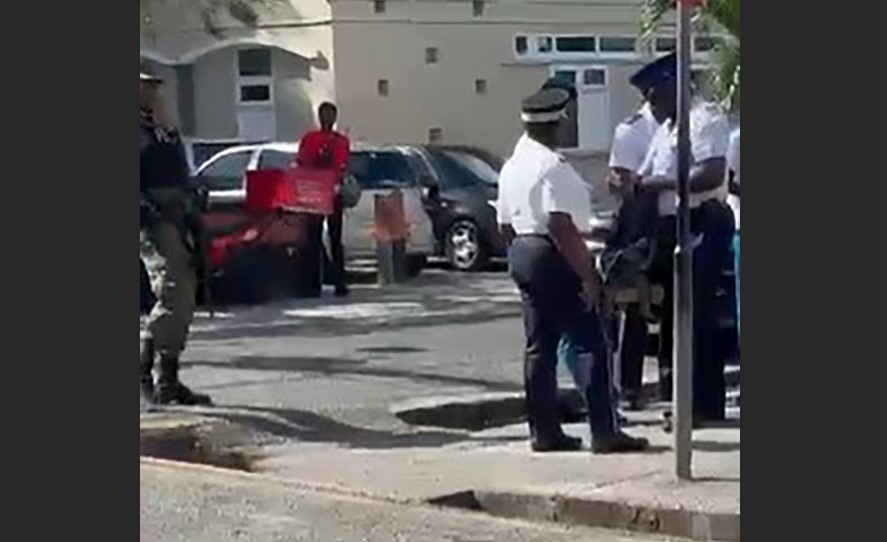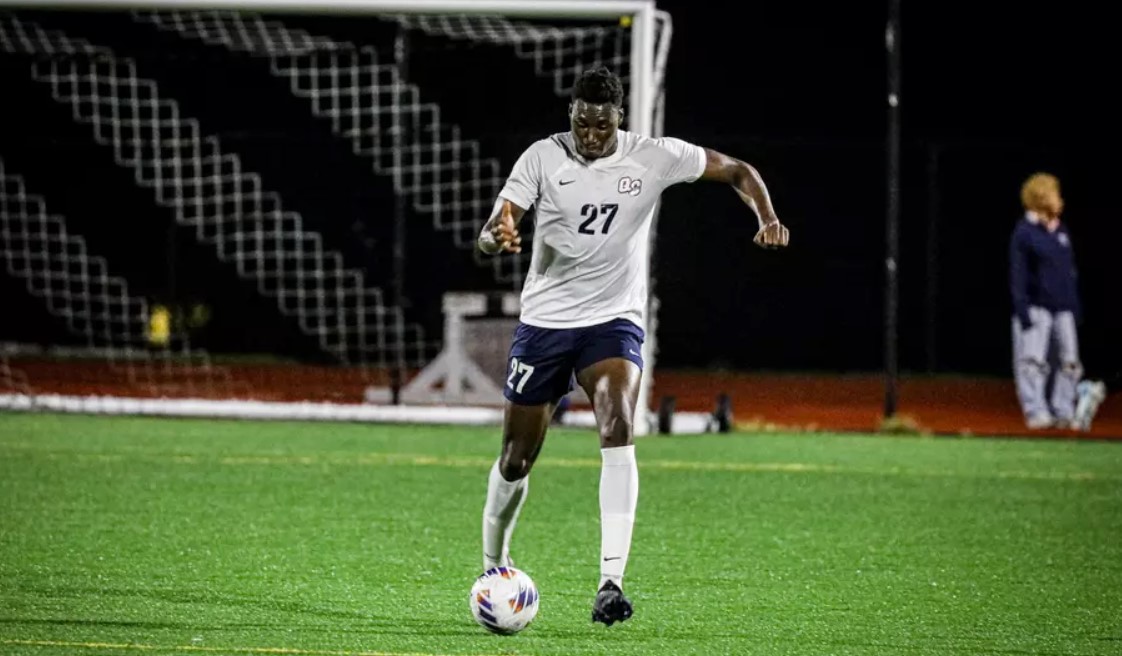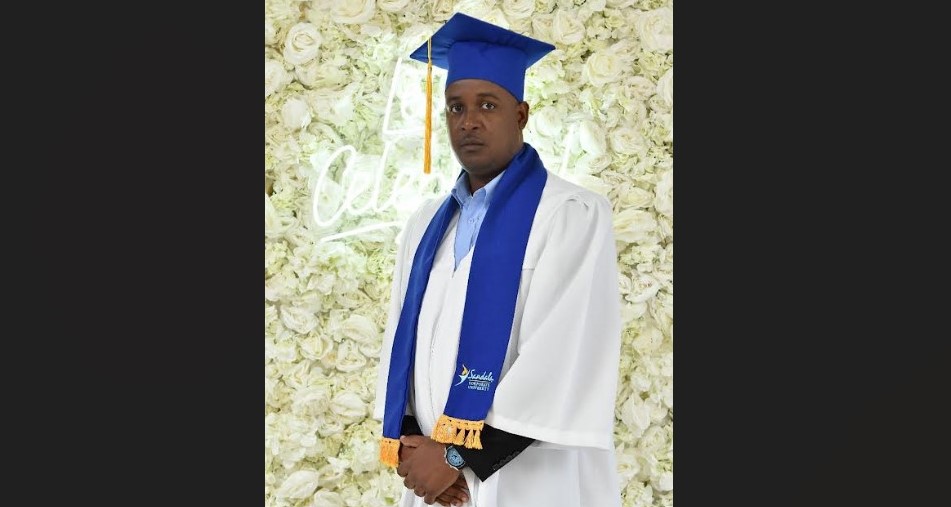

In response to a surge in youth-related crimes, Antigua and Barbuda recently implemented a curfew for individuals under 18, restricting outdoor activity from 10 p.m. to 6 a.m. The move is intended to stop loitering and youth involvement in crime and will hold parents accountable with fines of up to XCD 5,000 if their children violate the curfew.
This curfew however has ignited significant debate on its effectiveness and constitutionality as other Caribbean nations, like Saint Lucia, grapple with similar issues.
Among those criticising the measure is Rahym R. Augustin-Joseph, a Law Student at the University of the West Indies Cave Hill Faculty of Law and a political commentator.
He thinks the policy is “an overly punitive and nonsensical approach,” arguing that it penalises many young people for the actions of a few.
Augustin-Joseph questions the constitutionality of the curfew, specifically whether it infringes upon “freedoms relating to movement” and whether it can be justified as “necessary and proportional” to the goal of reducing crime.
In his view, policies like the curfew could backfire, possibly driving youth crime into daytime hours or leading young people to avoid positive social interactions for fear of criminalisation. “I think it is trying to create policy for a small subsection of ‘truant’ youth by potentially penalizing harmless association by many others among the age group,” Augustin-Joseph told St. Lucia Times.
He also warns that the curfew may represent a “flawed and underutilisation of police resources and skills,” suggesting instead that these resources could support initiatives like police clubs to build relationships with young people and guide them away from crime.
The President of Saint Lucia’s National Principals Association (NPA) Neal Fontenelle, had noted the value in curfews under certain conditions.
Fontenelle acknowledged the challenges posed by youth crime and proposed that curfews might serve as a “last-resort measure if other strategies fail.”
He even suggested an earlier curfew start time, such as 7 or 8 p.m., which he believes could serve as a stronger deterrent.
Augustin-Joseph however maintains that imposing curfews misses the root causes of youth crime, particularly for young people from lower socioeconomic backgrounds who often face limited access to resources.
He argues, “What needs to happen in my mind, is the empowerment of young people through targeted social and economic enfranchisement, which can turn them away from a life of crime and make crime less attractive.”
In addition, Augustin-Joseph suggested that empowering parents, through “massive parental support, education, assistance, and empowerment,” would have a more lasting positive effect than simply restricting young people’s movements or placing added burdens on families already facing economic hardship.
From a policy perspective, he also highlights the inconsistency of enforcing curfews on youth while minors are simultaneously eligible to face criminal charges. He said this dual approach, can be seen as contradictory and might even heighten inequalities. “It is using the law in a way that will further increase inequalities in the society, and this is not the purpose of the law,” he states.
While the NPA President sees curfews as potentially effective if other methods fail, advocates like Augustin-Joseph believe that real change comes from addressing the socioeconomic factors that often lead young people into crime.
Whether through economic programs, community initiatives, or parental support systems, they argue that solutions should focus on prevention rather than restriction.
PHOTO: Police stop and search students in Castries (File image)





